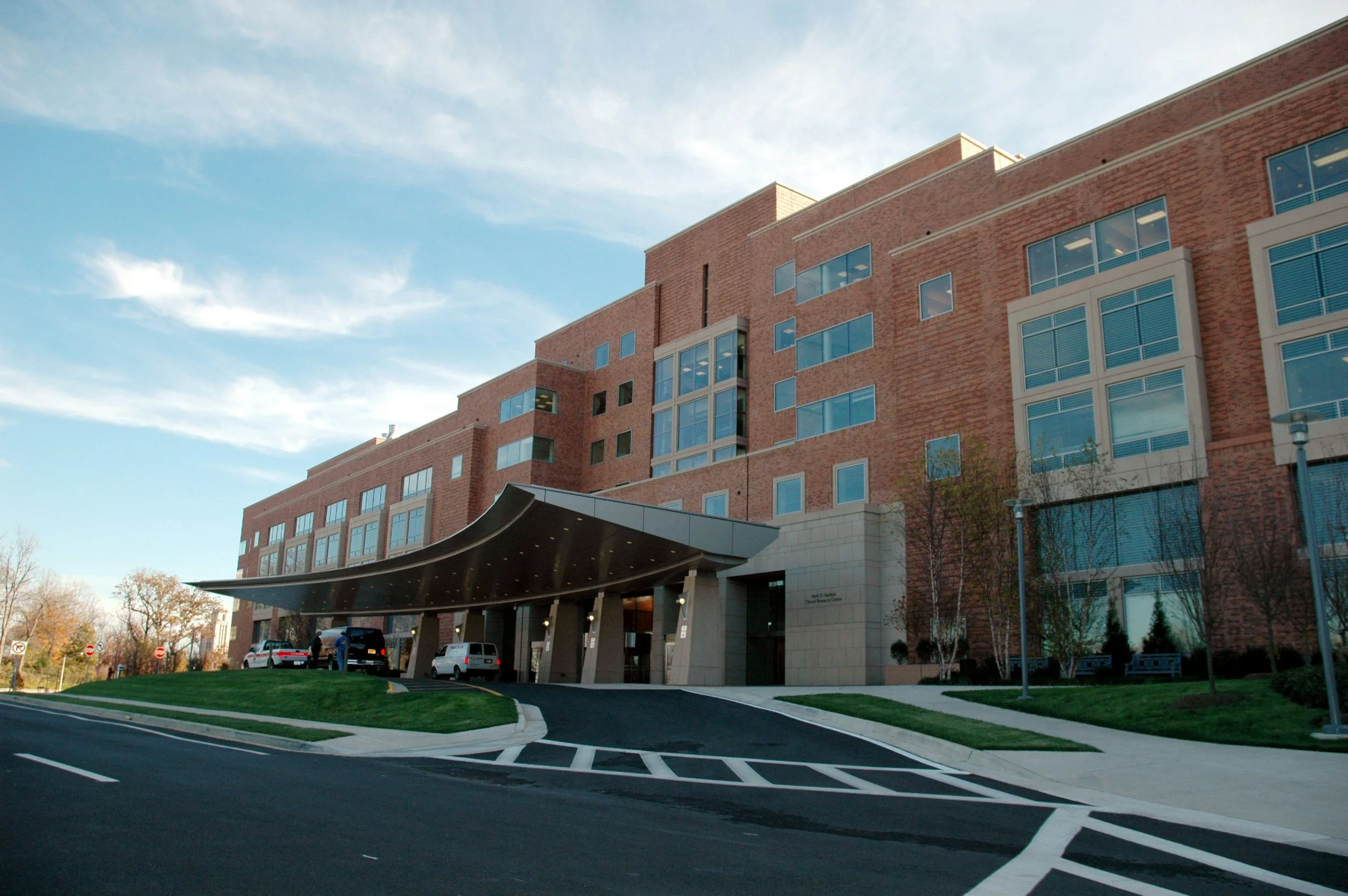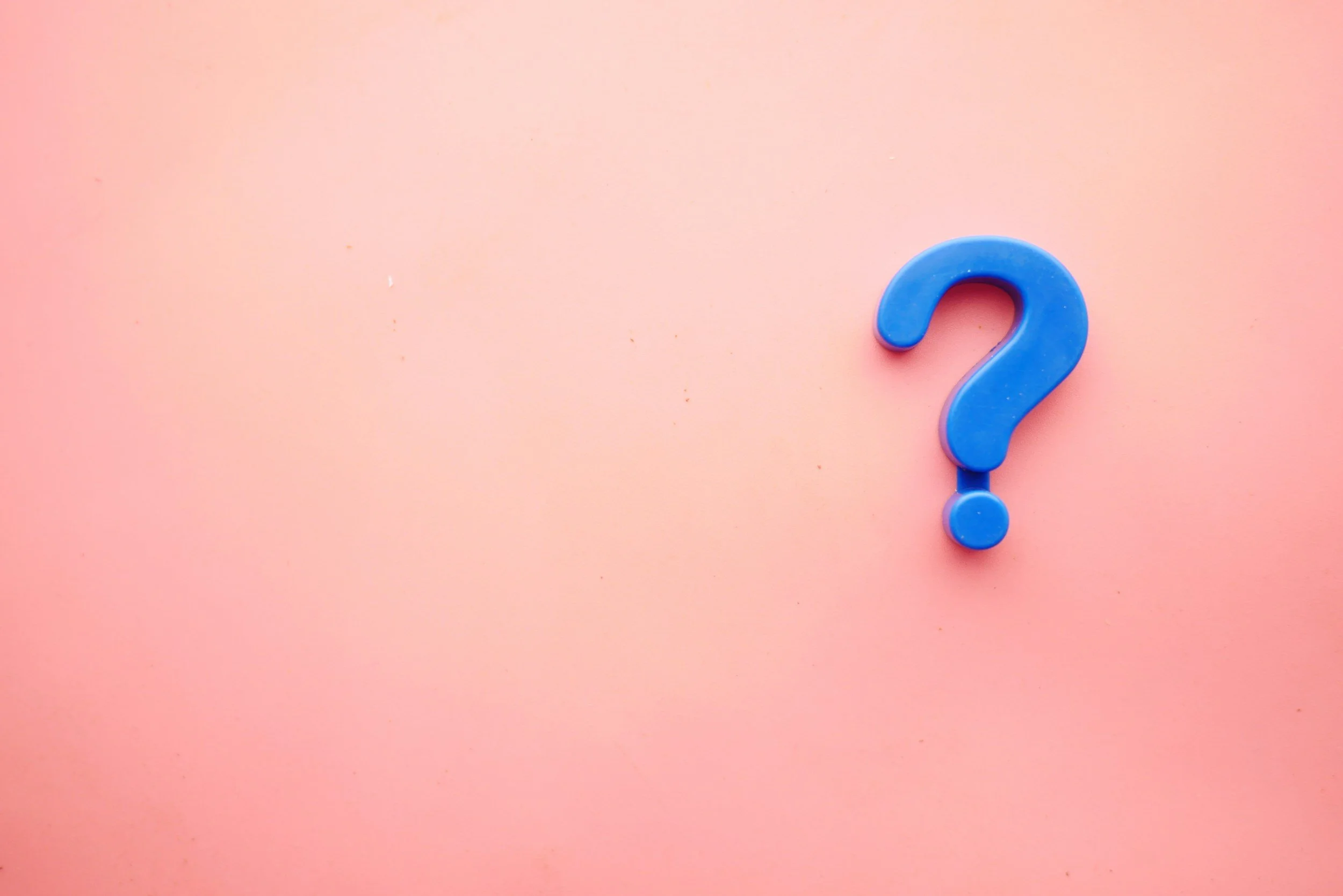Open Notes in Mental Health: How Transparent Therapy Notes Empower Patients and Providers
In a world where information is more accessible than ever, the healthcare field is embracing a new level of openness. “Open Notes” is a growing initiative that gives patients the legal right to read the notes clinicians write about their visits—a shift that has stirred excitement, curiosity, and some trepidation, especially in mental health.
Below, we’ll explore how this movement came to be, what it means for psychiatric care, and how therapists, psychiatrists, and other mental health professionals are adapting.
Image: Unsplash
The Early History of Open Notes: A VA-Led Revolution
Open Notes traces its roots back to the U.S. Department of Veterans Affairs (VA), which was among the first large-scale healthcare organizations to unify electronic health records (EHRs). Starting as a pilot program, VA primary care teams decided to let patients read their clinical notes. The goal was simple but profound: engage patients more directly in their own treatment by making everything written in their records transparent.
Encouraged by the VA’s success—where patients felt more informed and no alarming downsides emerged—other institutions tested the approach. Ultimately, federal regulations mandated that, as of April 5, 2021, most healthcare providers must grant patients access to their notes. The main objective? Foster a collaborative patient-provider relationship, reduce secrecy around medical records, and empower individuals to participate more actively in their care.
Image: Unsplash
Mental Health Meets Open Notes: Breaking Down Confidentiality Barriers
Initially, the VA’s data primarily covered older veterans with conditions like PTSD, focusing on primary care rather than specialized psychiatric settings. As Open Notes grew, policymakers realized mental health services had unique concerns:
Confidentiality and Sensitivity
Psychiatry has traditionally restricted note-sharing due to the intimate, and sometimes stigmatized, nature of mental health discussions.
Potential Patient Distress
Clinicians worried that seeing certain terminology (e.g., “personality disorder,” “psychosis,” or notes about behavioral observations) could upset or confuse patients.
Child & Adolescent Considerations
For minors, regulations often ensure that once a patient hits 12 or 13, parents can no longer view certain mental health details without the adolescent’s consent. This was largely uncharted territory in the earliest Open Notes discussions.
———
Despite these complexities, the basic premise remained the same: transparency can help build trust and engagement, even in mental health. While some concerns persisted, the VA’s positive experience—along with smaller-scale adolescent psychiatric data—showed that many patients benefit from direct access to their records.
Image: Unsplash
Key Research & Data: Benefits of Sharing Therapy Notes
Beyond anecdotal successes, the VA’s pilot programs provided initial proof that open access to notes wasn’t only benign—it could be beneficial. Patients reported:
Better Understanding of Care
They could review medication instructions and therapy goals at their own pace, reducing confusion.
Improved Engagement
Knowing exactly what clinicians recorded fostered a sense of collaboration, encouraging patients to ask more focused questions.
Few Negative Reactions
Major concerns, such as lawsuits or severe distress, did not materialize.
———
In mental health contexts, early indicators showed that open-note policies could strengthen the therapeutic alliance when patients felt “in the loop” about their treatment plans.
Image: Unsplash
Provider Concerns: Navigating Sensitive Information in Psychiatry
While many clinicians embraced openness, some—particularly in psychiatry—were uneasy. Major points of apprehension included:
Worry Over Patient Reactions
What if someone reads about a suspected diagnosis or a less flattering clinical term and becomes angry or ashamed?
Disruption of Therapy
Might patients fixate on the wording in their notes rather than continuing therapeutic work?
Overly Detailed Documentation
Mental health diagnoses sometimes require discussion of sensitive or traumatic experiences, potentially making the patient feel exposed.
——
Nevertheless, data from the VA and early adopters showed that, with thoughtful note-taking, these fears could be mitigated. Many patients found the transparency helpful rather than harmful.
Common Questions & Misconceptions: Adolescent Privacy, Couples Therapy, and More
Open Notes in mental health raises unique scenarios:
Adolescent Confidentiality
Many providers lock notes for patients aged 12–17 to protect adolescent privacy and preserve trust. Parents are typically not granted automatic access once a patient is in their teens.
Couples Therapy Records
Documentation typically goes under one “identified patient” for billing. If that person requests their records, they’ll see notes about couples sessions; the other partner is not automatically granted access.
Private-Pay (Cash) Practices
Therapists who do not bill insurance may not be bound by the same Open Notes requirements. However, they must still release records upon patient request.
Billing Codes and Documenting “Maladaptive Behavior”
Certain psychiatric billing codes (e.g., 90785) require clinicians to document behaviors or high-tension interactions. Clinicians must balance clarity for billing or legal needs with sensitivity toward how a patient might feel reading these details.
AI Scribing & Automated Summaries
AI tools increasingly offer note-taking solutions in therapy or staff meetings. While efficient, these technologies raise questions about privacy and consent. As AI integrations expand, clinicians must remain aware of how automated notes might be perceived by patients.
Legal Considerations
Although some providers initially worried about increased liability, no major lawsuits tied specifically to Open Notes have emerged. Most institutions handle concerns case by case, emphasizing careful, respectful documentation.
Differences Across EHR Systems
Large hospitals often have automated portals that notify patients of new notes. Smaller clinics or private practices may not have such features—sometimes delaying the shift toward full transparency.
Image: Unsplash
The Mental Health Business Moment of the Week
On a lighter note, Dr. Tom Tarshis recently shared a positive development in his own practice expansion. After applying for a Hawaii medical license, he was pleasantly surprised to receive approval in just 12 days—much faster than the expected 3–4 months. Beyond personal good news, it’s a reminder that different states have varying processes and levels of efficiency, which can influence telehealth and multi-state practice. As RipsyTech looks to serve broader communities (including Hawaii), streamlined licensing adds a welcome boost to access and care continuity.
Embracing Transparency for a Better Mental Health Future
Open Notes represents a watershed moment in healthcare, aligning with broader cultural trends toward transparency and patient empowerment. While psychiatry and mental health require special caution—given the sensitivity of the information—the fundamental value of openness remains. As more clinicians adapt their note-taking, incorporate AI tools, and navigate the complexities of adolescent privacy or couples therapy, the ultimate goal stays the same: fostering a collaborative relationship where patients feel informed, respected, and actively involved in their journey to better mental health.
Whether you’re a clinician wondering how to adapt your documentation style or a patient curious about your own treatment records, the rise of Open Notes challenges us to think differently about the traditional “invisible wall” of clinical notes. A transparent future in mental health care, it seems, is not only possible but already well underway.
Have a question or topic you’d like us to explore? Contact us at sitandstay@ripsytech.com.
And don’t forget to subscribe to the Sit and Stay Podcast for more insights on running a thriving mental health practice.
Looking for a health record solution that simplifies your workflows and supports your practice’s business needs?
RipsyTech has your back. Schedule a demo with us today.






